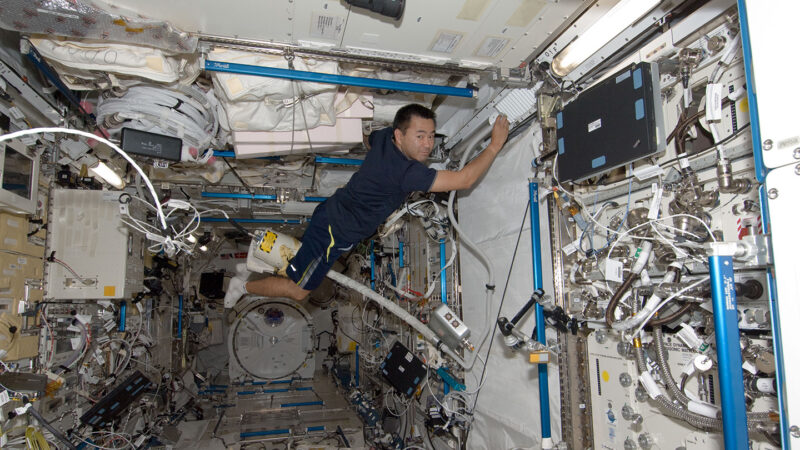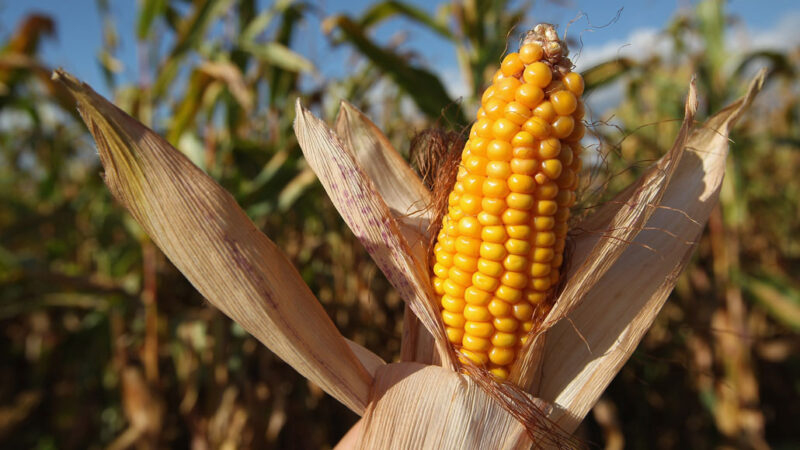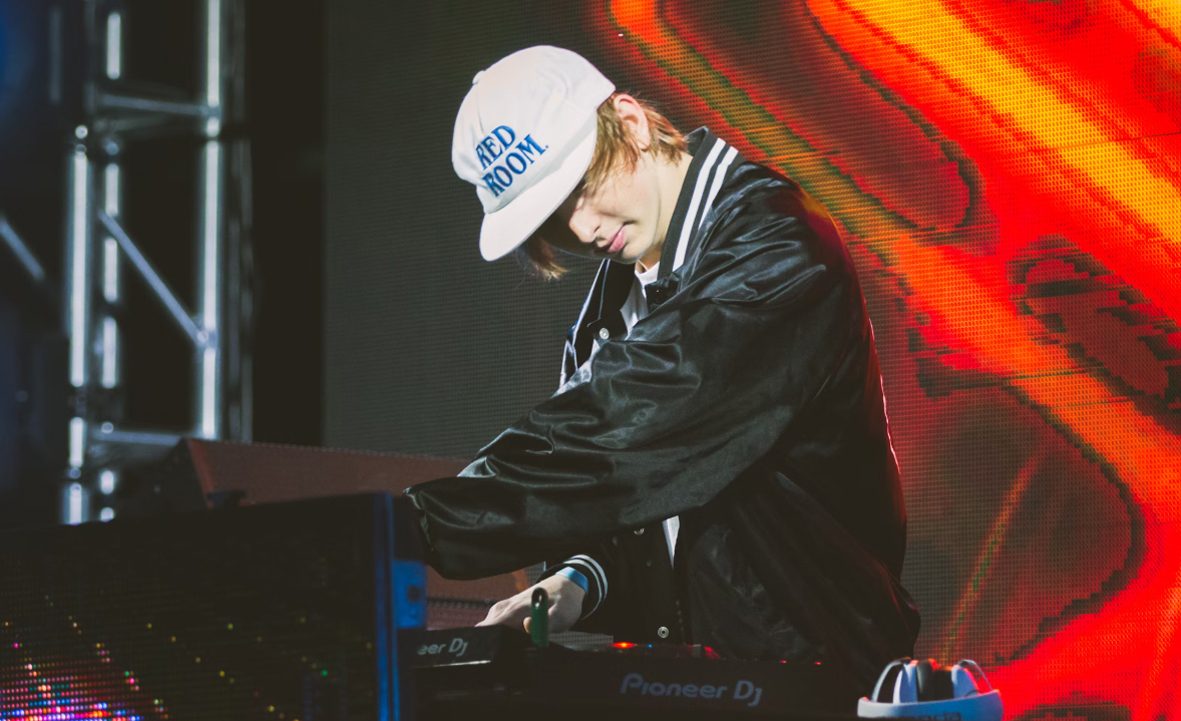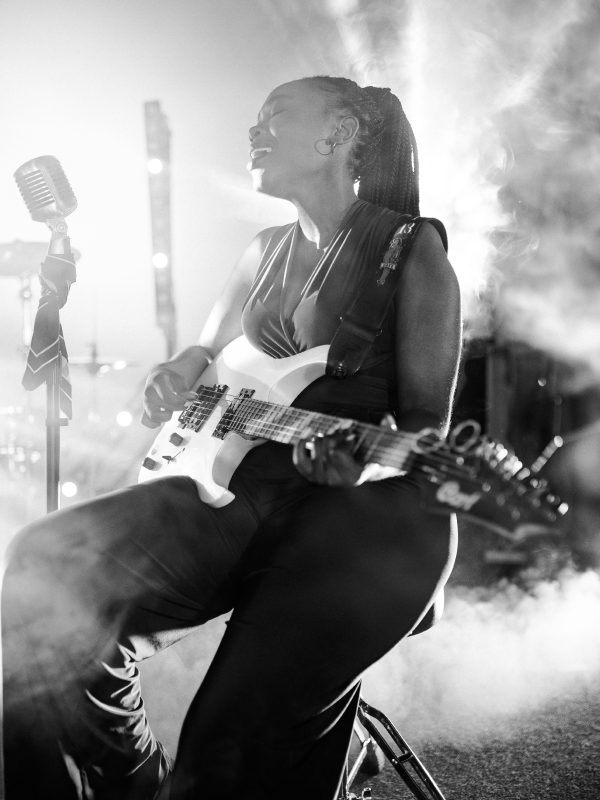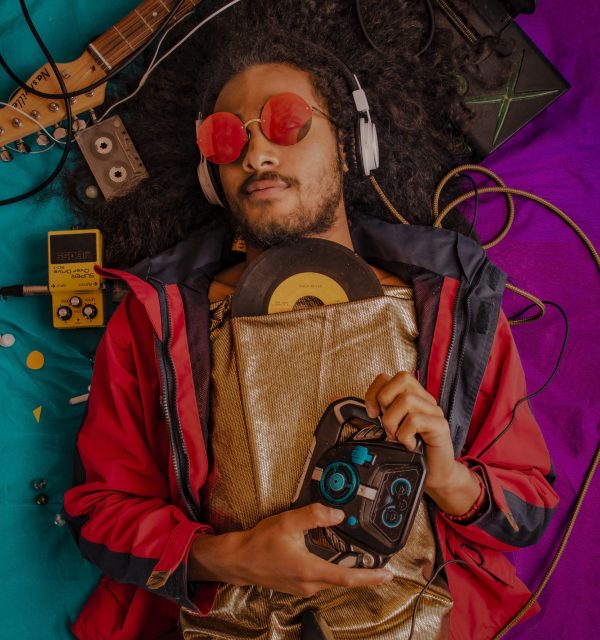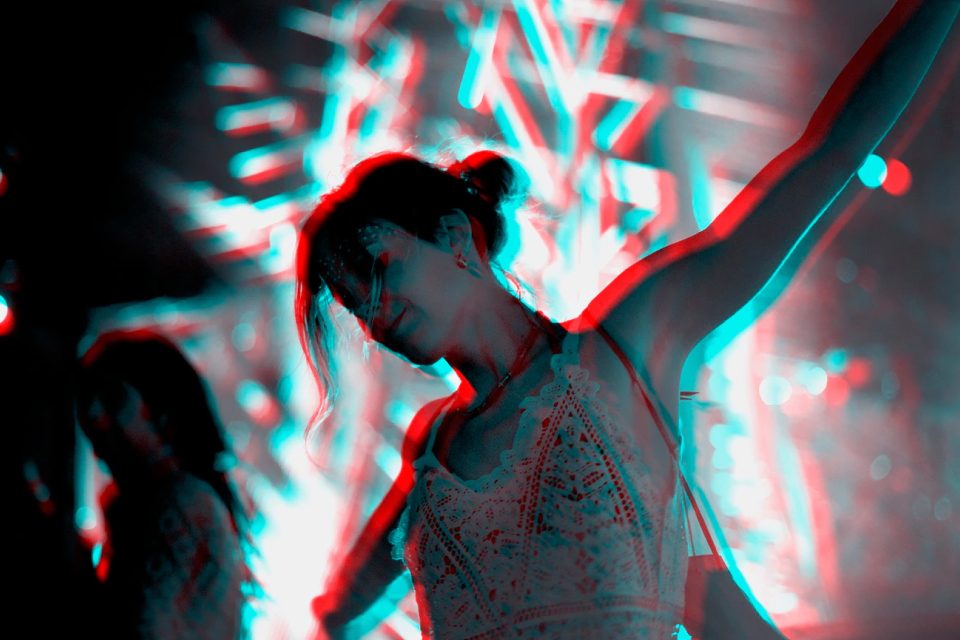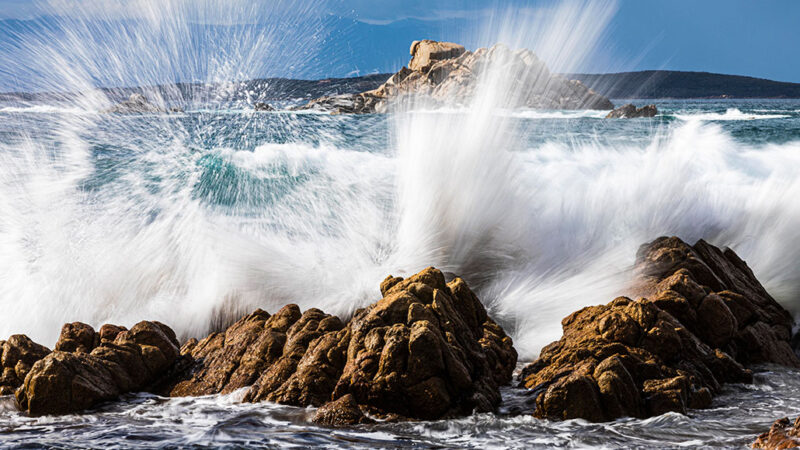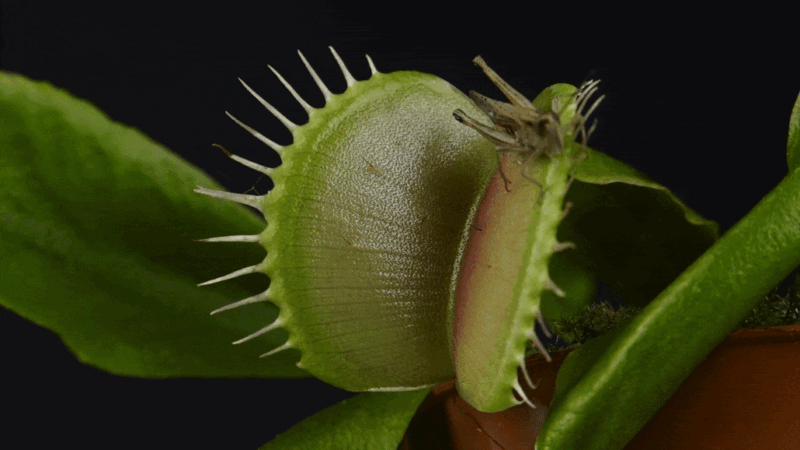Keeping the International Space Station clean is a high priority for NASA. Air filters, weekly wipe-downs and vacuuming are a must. Still, astronauts there often develop health problems. These include immune problems, skin rashes and other conditions. A new study suggests one possible reason: The ISS might be too clean.
Our health depends on interactions with microbes, such as bacteria and viruses. But samples from the ISS show a striking lack of microbial diversity, notes Rodolfo Salido Benítez. He’s a bioengineer at the University of California, San Diego. He was part of a team that reported its findings April 3 in Cell.
The team asked astronauts on the ISS to swab down a variety of surfaces. The space travelers collected samples in the kitchen, bathroom, dining space and other areas. Then they sent their 803 samples to the researchers for analysis.
The results turned up less microbial diversity on the space station than in typical buildings on Earth. Nearly all the ISS microbes were from people and building materials. In fact, most of the microbes came from skin, just as will be found indoors on Earth. Less than 0.3 percent came from natural sources like soil and water.

A healthy mix
Microbes compete for resources and space — both in and outside the body. Having a diverse mix keeps any one type from taking over. In people, that diversity helps to limit health problems. Some hospitals with low microbial diversity show a higher risk of infections. Microbes in your home can affect health, too. Amish communities have a lower risk of asthma than other similar groups. One reason could be that their house dust contains microbes from farm animals.
Explains Sean Gibbons, “If we’re outside, we’re generally exposed to a lot more microbial diversity from touching animals or soil.” Gibbons studies microbiomes at the Institute for Systems Biology in Seattle. “When we’re inside, these walls, these surfaces are acting like mirrors. They’re essentially reflecting back upon us our own microbial diversity,” he says.
The low diversity of microbes in confined spaces is a growing concern for astronauts. That’s especially true as they spend more time on space stations and new missions launch. We need to test ways of adding more “good germs” to the mix, says Pieter Dorrestein. He’s a chemical biologist at the University of California, San Diego. One way might be having animals aboard, he says. Or a simpler tactic: Add fermented foods to the pantry.
“The reality is that we’re going to inhabit space at some point. So this work will give us the first insight in terms of the things that we need to add and remove,” Dorrestein says. “The most important message that we can pass on,” he believes, “is how important it is to not only look at what’s present, but also what’s absent.”

